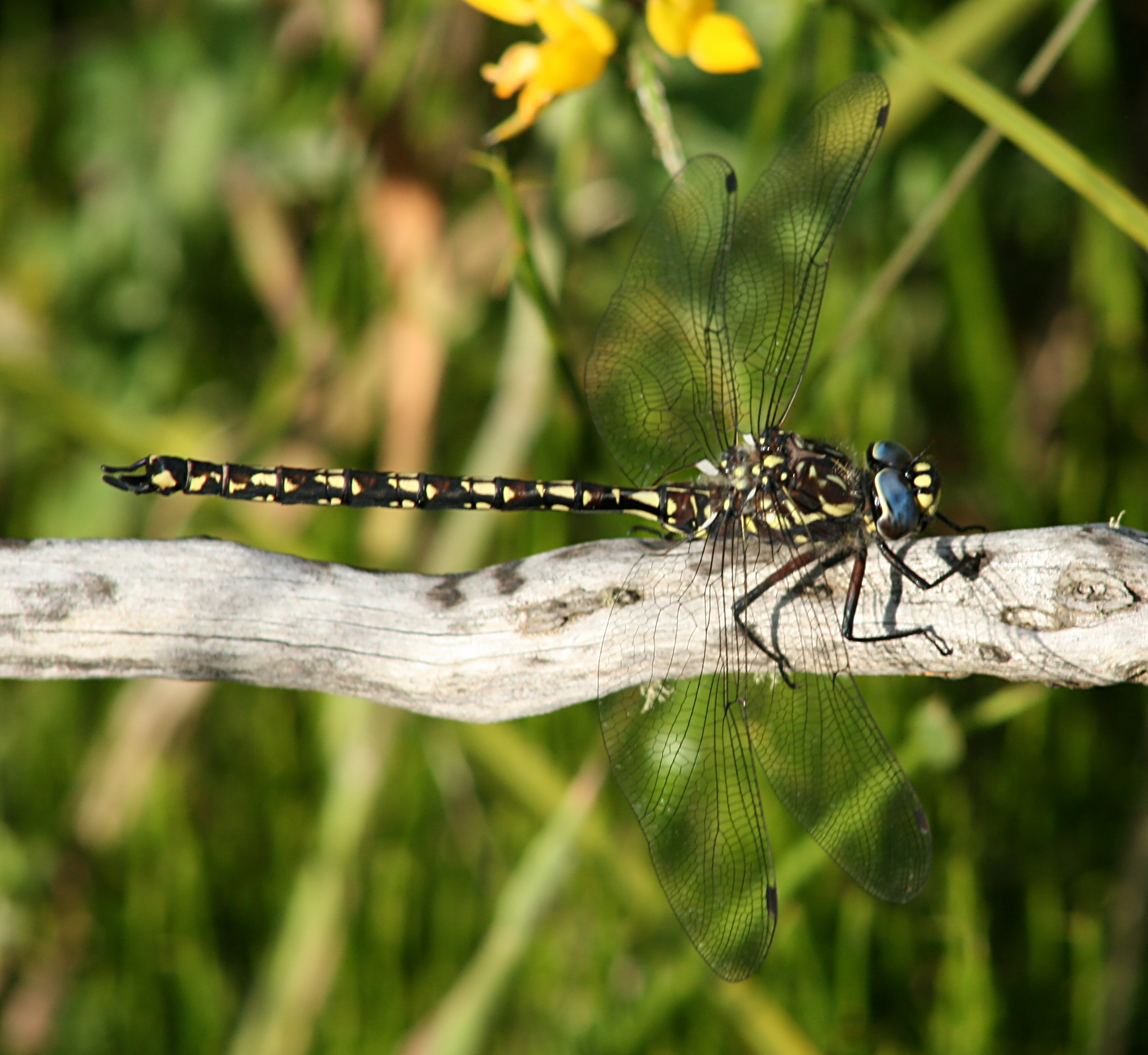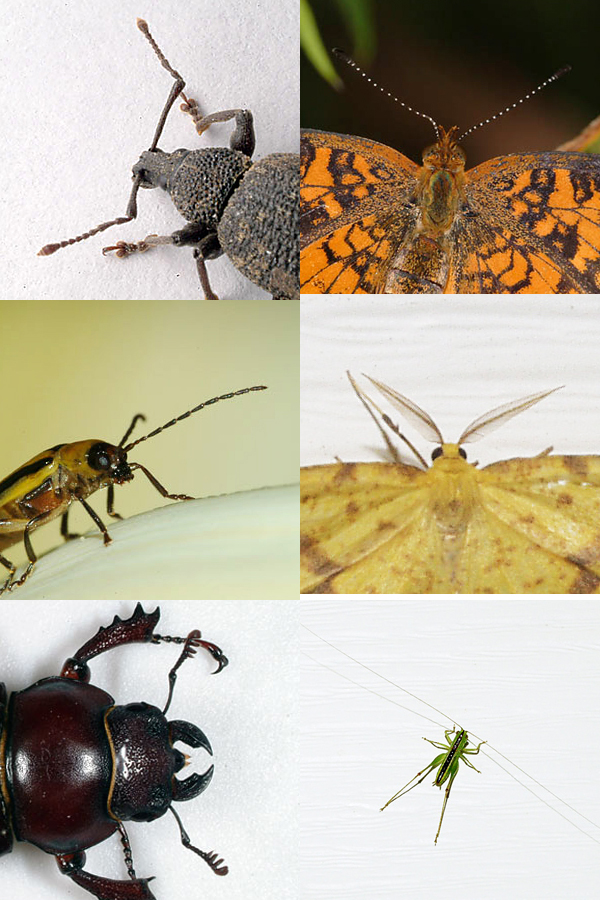|
Austrosticta Fieldi
''Austrosticta fieldi'' is a species of damselfly in the family Isostictidae, commonly known as a northern pondsitter. It has been recorded from Northern Territory, Australia, where it inhabits streams. ''Austrosticta fieldi'' is a medium-sized damselfly, coloured a dull grey-brown with some pale markings. Gallery Austrosticta fieldi female wings (34441843700).jpg , Female wings Austrosticta fieldi male wings (34441848470).jpg , Male wings See also * List of Odonata species of Australia References {{Taxonbar , from=Q1853138 Isostictidae Odonata of Australia Insects of Australia Endemic fauna of Australia Taxa named by Robert John Tillyard Insects described in 1908 Damselflies ... [...More Info...] [...Related Items...] OR: [Wikipedia] [Google] [Baidu] |
Robert John Tillyard
Robert "Robin" John Tillyard FRS (31 January 1881 – 13 January 1937) was an English–Australian entomologist and geologist. Early life and education Tillyard was the son of J. J. Tillyard and his wife Mary Ann Frances, née Wilson and was born at Norwich, Norfolk. He was educated at Dover College and intended to enter the army but was rejected on account of having suffered from rheumatism. He won a scholarship for classics at Oxford and another for mathematics at Cambridge, and decided to go to Queens' College, Cambridge. He graduated senior optime in 1903. He went to Australia in 1904 and was appointed second mathematics and science master at Sydney Grammar School. While working as a science master Tillyard found time to publish extensively on dragonflies. After nine years with Sydney Grammar School, he resigned and undertook a research degree in biology at Sydney University and took his research BSc degree in 1914. Career He was seriously injured in a railway accident ... [...More Info...] [...Related Items...] OR: [Wikipedia] [Google] [Baidu] |
Biodiversity Heritage Library
The Biodiversity Heritage Library (BHL) is the world’s largest open access digital library for biodiversity literature and archives. BHL operates as worldwide consortiumof natural history, botanical, research, and national libraries working together to address this challenge by digitizing the natural history literature held in their collections and making it freely available for open access as part of a global “biodiversity community.” The BHL consortium works with the international taxonomic community, publishers, bioinformaticians, and information technology professionals to develotools and servicesto facilitate greater access, interoperability, and reuse of content and data. BHL provides a range of services, data exports, and APIs to allow users to download content, harvest source data files, and reuse materials for research purposes. Through taxonomic intelligence tools developed bGlobal Names Architecture BHL indexes the taxonomic names throughout the collection, allowing ... [...More Info...] [...Related Items...] OR: [Wikipedia] [Google] [Baidu] |
Damselfly
Damselflies are flying insects of the suborder Zygoptera in the order Odonata. They are similar to dragonflies, which constitute the other odonatan suborder, Anisoptera, but are smaller and have slimmer bodies. Most species fold the wings along the body when at rest, unlike dragonflies which hold the wings flat and away from the body. An ancient group, damselflies have existed since at least the Lower Permian, and are found on every continent except Antarctica. All damselflies are predatory insects; both nymphs and adults actively hunt and eat other insects. The nymphs are aquatic, with different species living in a variety of freshwater habitats including acidic bogs, ponds, lakes and rivers. The nymphs moult repeatedly, at the last moult climbing out of the water to undergo metamorphosis. The skin splits down the back, they emerge and inflate their wings and abdomen to gain their adult form. Their presence on a body of water indicates that it is relatively unpolluted, but the ... [...More Info...] [...Related Items...] OR: [Wikipedia] [Google] [Baidu] |
Isostictidae
Isostictidae is a small family of medium-sized to large damselflies restricted to Australia, New Caledonia, and New Guinea. It contains 12 genera and more than 40 species. Members of this family resemble species in the threadtail family (Protoneuridae). Diagnosis *Adult: The adults are small to medium in size with a length of 15–40 mm. They have two antenodal crossveins, most postnodal crossveins aligned with crossveins behind them, quadrilateral cell almost rectangular, no supplementary intercalary longitudinal veins, and an anal vein fused with wing margin. Their antennae are seven-segmented. *Larva: The larva has a labial mask short, flat, palps narrow, palpal setae present, premental setae variable, median lobe shallowly cleft; caudal gills saccular to triquetral, strongly nodate. Ecology Adults of Isostictidae have many common names and they are narrow-wings, pinflies, pins, pondsitters, and wiretails. *Instream habitat: Isostictid damselfly nymphs occur in streams, ... [...More Info...] [...Related Items...] OR: [Wikipedia] [Google] [Baidu] |
Australian Faunal Directory
The Australian Faunal Directory (AFD) is an online catalogue of taxonomic and biological information on all animal species known to occur within Australia. It is a program of the Department of Climate Change, Energy, the Environment and Water of the Government of Australia. By May 12, 2021, the Australian Faunal Directory has collected information about 126,442 species and subspecies In biological classification, subspecies is a rank below species, used for populations that live in different areas and vary in size, shape, or other physical characteristics (morphology), but that can successfully interbreed. Not all species .... It includes the data from the discontinued ''Zoological Catalogue of Australia'' and is regularly updated. Started in the 1980s, it set a goal to compile a "list of all Australian fauna including terrestrial vertebrates, ants and marine fauna" and create an "Australian biotaxonomic information system".''Commonwealth Record'', Volume 5, Issues 26-34, p. 1 ... [...More Info...] [...Related Items...] OR: [Wikipedia] [Google] [Baidu] |
Australian Biological Resources Study
Australian Biological Resources Study (ABRS) is a project undertaken by Parks Australia Division of Australia's Department of the Environment, Water, Heritage and the Arts (DEWHA). Background ABRS was founded in 1973 from the recommendations of a 1972 Senate Select Committee report on Wildlife Conservation. Its purpose is to collate from the many libraries, museums and other collections the taxonomy of Australia's estimated 2 million species of flora and fauna, including aquatic species. These represent almost 20% of the earth's biodiversity, 80% of which are unique to Australia. ABRS has undertaken active funding for taxonomic research of Australia's biodiversity and is internationally recognised for its extensive data bases and publications. Publications The most important outputs of the ABRS has been the publication of the multi-volume ''Flora of Australia'' and '' Fauna of Australia'' series. Other output includes ''The Banksia Atlas'' and the "Platypus" database pa ... [...More Info...] [...Related Items...] OR: [Wikipedia] [Google] [Baidu] |
Northern Territory
The Northern Territory (commonly abbreviated as NT; formally the Northern Territory of Australia) is an states and territories of Australia, Australian territory in the central and central northern regions of Australia. The Northern Territory shares its borders with Western Australia to the west (129th meridian east), South Australia to the south (26th parallel south), and Queensland to the east (138th meridian east). To the north, the territory looks out to the Timor Sea, the Arafura Sea and the Gulf of Carpentaria, including Western New Guinea and other islands of the Indonesian archipelago. The NT covers , making it the third-largest Australian federal division, and List of country subdivisions by area, the 11th-largest country subdivision in the world. It is sparsely populated, with a population of only 249,000 – fewer than half as many people as in Tasmania. The largest population center is the capital city of Darwin, Northern Territory, Darwin. The archaeological hist ... [...More Info...] [...Related Items...] OR: [Wikipedia] [Google] [Baidu] |
List Of Odonata Species Of Australia
This is a list of species of damselflies and dragonflies recorded in Australia. Common names of species are linked, beside their scientific names. The list is split into two groups: damselflies (suborder Zygoptera) and other dragonflies (infraorder Anisoptera). Those groups are organized in Families and then Genera and Species. Zygoptera (damselflies) Coenagrionidae genus: '' Aciagrion'' :* Blue slim, ''Aciagrion fragilis'' genus: '' Agriocnemis'' :* Silver wisp, ''Agriocnemis argentea'' :* Tropical wisp, ''Agriocnemis dobsoni '' :* Pilbara wisp, ''Agriocnemis kunjina '' :* Pygmy wisp, ''Agriocnemis pygmaea'' :* Red-rumped wisp, ''Agriocnemis rubricauda'' :*'' Agriocnemis thoracalis'' genus: '' Archibasis'' :* Blue-banded longtail, ''Archibasis mimetes '' genus: '' Argiocnemis'' :* Red-tipped shadefly, ''Argiocnemis rubescens '' genus: '' Austroagrion'' :* South-western billabongfly, ''Austroagrion cyane '' :* Northern billabongfly, ''Austroagrion exclamationis '' :* ... [...More Info...] [...Related Items...] OR: [Wikipedia] [Google] [Baidu] |
Odonata Of Australia
Odonata is an order of flying insects that includes the dragonflies and damselflies. Members of the group first appeared during the Triassic, though members of their total group, Odonatoptera, first appeared in Late Carboniferous. The two common groups are distinguished with dragonflies, placed in the suborder Epiprocta, usually being larger, with eyes together and wings up or out at rest, while damselflies, suborder Zygoptera, are usually smaller with eyes placed apart and wings along body at rest. All Odonata have aquatic larvae called naiads (nymphs), and all of them, larvae and adults, are carnivorous. The adults can land, but rarely walk. Their legs are specialised for catching prey. They are almost entirely insectivorous. Etymology and terminology Fabricius coined the term ''Odonata'' in 1793 from the Ancient Greek ( Ionic form of ) 'tooth'. One hypothesis is that it was because their maxillae are notably toothed. Most insects also have toothed mandibles. The wo ... [...More Info...] [...Related Items...] OR: [Wikipedia] [Google] [Baidu] |
Insects Of Australia
Insects (from Latin ') are pancrustacean hexapod invertebrates of the class Insecta. They are the largest group within the arthropod phylum. Insects have a chitinous exoskeleton, a three-part body ( head, thorax and abdomen), three pairs of jointed legs, compound eyes and one pair of antennae. Their blood is not totally contained in vessels; some circulates in an open cavity known as the haemocoel. Insects are the most diverse group of animals; they include more than a million described species and represent more than half of all known living organisms. The total number of extant species is estimated at between six and ten million; In: potentially over 90% of the animal life forms on Earth are insects. Insects may be found in nearly all environments, although only a small number of species reside in the oceans, which are dominated by another arthropod group, crustaceans, which recent research has indicated insects are nested within. Nearly all insects hatch from eg ... [...More Info...] [...Related Items...] OR: [Wikipedia] [Google] [Baidu] |
Endemic Fauna Of Australia
Endemism is the state of a species being found in a single defined geographic location, such as an island, state, nation, country or other defined zone; organisms that are indigenous to a place are not endemic to it if they are also found elsewhere. For example, the Cape sugarbird is found exclusively in southwestern South Africa and is therefore said to be ''endemic'' to that particular part of the world. An endemic species can be also be referred to as an ''endemism'' or in scientific literature as an ''endemite''. For example '' Cytisus aeolicus'' is an endemite of the Italian flora. '' Adzharia renschi'' was once believed to be an endemite of the Caucasus, but it was later discovered to be a non-indigenous species from South America belonging to a different genus. The extreme opposite of an endemic species is one with a cosmopolitan distribution, having a global or widespread range. A rare alternative term for a species that is endemic is "precinctive", which applies to s ... [...More Info...] [...Related Items...] OR: [Wikipedia] [Google] [Baidu] |
Taxa Named By Robert John Tillyard
In biology, a taxon (back-formation from ''taxonomy''; plural taxa) is a group of one or more populations of an organism or organisms seen by taxonomists to form a unit. Although neither is required, a taxon is usually known by a particular name and given a particular ranking, especially if and when it is accepted or becomes established. It is very common, however, for taxonomists to remain at odds over what belongs to a taxon and the criteria used for inclusion. If a taxon is given a formal scientific name, its use is then governed by one of the nomenclature codes specifying which scientific name is correct for a particular grouping. Initial attempts at classifying and ordering organisms (plants and animals) were set forth in Carl Linnaeus's system in ''Systema Naturae'', 10th edition (1758), as well as an unpublished work by Bernard and Antoine Laurent de Jussieu. The idea of a unit-based system of biological classification was first made widely available in 1805 in the intro ... [...More Info...] [...Related Items...] OR: [Wikipedia] [Google] [Baidu] |





.jpg)
